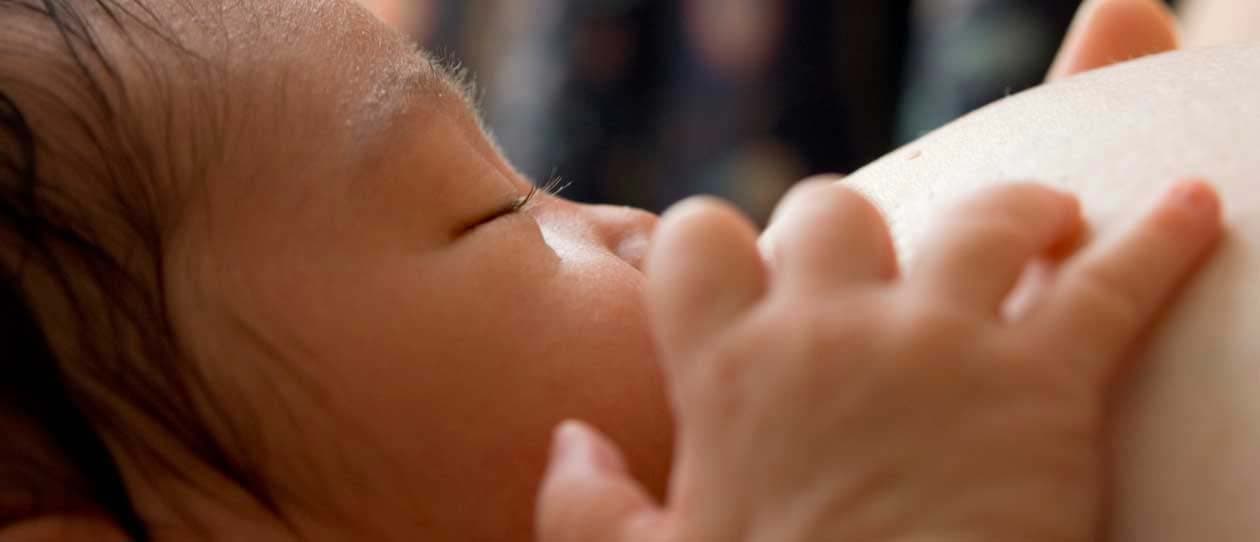
- Health hub/
- Resources for Pregnancy and Preconception/
- Is consuming caffeine while breastfeeding safe for your baby?


It’s a common issue: You are exhausted from disrupted sleep, recovering from labour, the constant feeding, and the enormous life change that has just occurred with the arrival of your new baby. So, you reach for the most well known stimulant: caffeine. This can be in the form of coffee, tea, green tea, chocolate, cola, or other soft drinks including the energy drinks. It seems harmless enough, but what are the impacts on your milk and therefore your baby?
What are the impacts of caffeine on your breast milk?
Caffeine appears in the breast milk rapidly after maternal ingestion, with a peak usually occurring about one hour after a dose. This therefore, means the caffeine will enter your baby and will have the same sort of impact on their nervous system as it does in yours. To what extent this occurs will depend on how much caffeine is consumed and how often the mother is consuming it.
It can also deplete certain essential nutrients. Coffee intake of more than 450 ml daily may decrease breast milk iron concentrations and result in a mild iron deficiency or anaemia in some breastfed infants.
What are the impacts on your baby?
When the infant is very young, their ability to metabolise and excrete caffeine is not very effective resulting in a build up of caffeine in their system as long as the mother continues to consume foods that contain caffeine on a daily basis.
The half-life of a substance refers to the time it takes to eliminate or metabolise half of the total quantity of a substance, such as caffeine, from the body after it is ingested. In healthy adults, the half-life of caffeine is 3.5 – 5 hours with peak plasma levels of orally ingested caffeine occurring approximately 2 hours after ingestion. In a new born infant, the caffeine half-life is increased to up to 4 days. In premature infants this is increased again. However, by the time the infant is about 5 months old, their ability to metabolise caffeine improves greatly and is closer to adult levels.
Fussiness, jitteriness, and poor sleep patterns have been reported in infants of mothers who consume high levels of caffeine, equivalent to about 10 cups of coffee a day.
How much caffeine is safe in breastfeeding?
Most women are given the advice that drinking up to 3 cups of coffee per day is considered safe. This equates to approximately 300 mg of caffeine per day. However, most women do not consider the other ways they may be getting caffeine in their diet, unintentionally raising their caffeine levels and therefore influencing their milk.
Each baby will be different in their ability to metabolise caffeine and tolerate what is in their breast milk. If you notice your baby experiencing restless sleeping patterns, irritability, colic and other digestive issues you may want to consider cutting back or eliminating completely all sources of caffeine from your diet and see how your baby responds.
How much caffeine is in the foods and drinks I consume?
| Food Serving | Size | Caffeine |
| Coffee - espresso | 200 ml | 100 mg |
| Coffee - brewed | 200 ml | 80-135 mg |
| Coffee - instant | 200 ml | 65-100 mg |
| Coke - can | 375 ml | 36.5 mg |
| Diet Coke - can | 375 ml | 48 mg |
| Coke Zero - can | 375 ml | 36 mg |
| Tea | 150 ml | 28-50 mg |
| Chocolate - dark | 28.3 gm | 25 mg |
| Chocolate - milk | 28.3 gm | 5 mg |
A last note about calcium...
Caffeine can increase the excretion of calcium. Since your requirement for calcium in breastfeeding is substantial at 1000 to 1300 mg per day, keeping your caffeine level to a maximum of 300 mg per day (equivalent to 2-3 cups of coffee and no other forms of caffeine) will help ensure that your calcium levels are maintained and your baby is getting everything they need from your milk.
References available upon request




